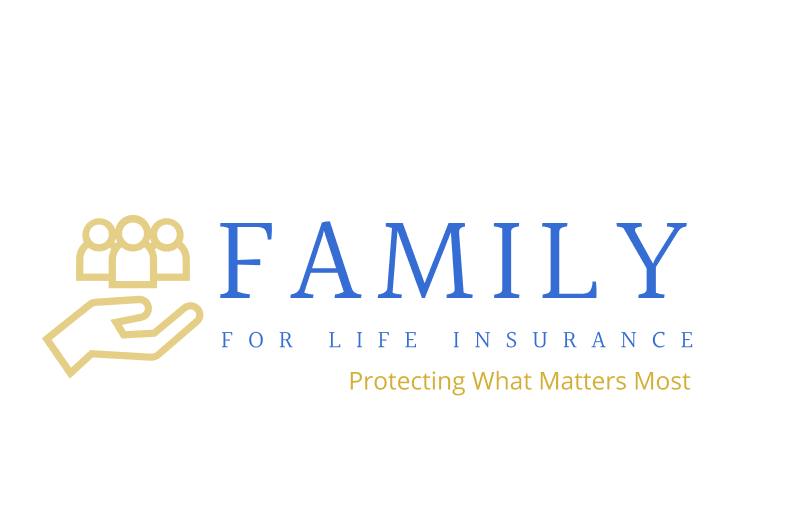What Is Cash Value Life Insurance?

Cash value life insurance is a form of permanent life insurance—lasting for the lifetime of the holder—that features a cash value savings component. The policyholder can use the cash value for many purposes, such as a source of loans or to pay policy premiums.
Imagine needing a loan but not having to go to a bank or lender and dealing with a credit check for them to determine IF they will approve you for the loan. Your cash value in your life insurance policy in essence becomes your own "bank". There’s no limit to how you can use cash value.
The following types of permanent life insurance policies may include a cash value feature:
- Whole life insurance
- Universal life insurance
- Variable universal life insurance
- Indexed universal life insurance
Term life insurance does not offer the cash value feature.
How Cash Value Life Insurance Works
Traditionally, cash value life insurance has higher premiums than term life insurance because of the cash value element. Most cash value life insurance policies require a fixed-level premium payment, of which a portion is allocated to the cost of insurance and the remaining deposited into a cash value account.
The cash value of life insurance earns a modest rate of interest, with taxes deferred on the accumulated earnings. Thus, the cash value of life insurance will increase over time. As the life insurance cash value increases, the insurance company’s risk decreases, because the accumulated cash value offsets part of the insurer’s liability.
How Can I Withdraw Cash Value From My Life Insurance Policy?
- Withdrawing money from your cash value policy. You may be able to make a tax-free withdrawal from your permanent life insurance policy. But, if your withdrawal exceeds the amount you've paid so far into the cash-value portion of your policy, it'll be taxed as income. Also, keep in mind that withdrawing your cash value funds reduces the death benefit that's paid out to your beneficiaries when you pass away.
- Taking out a loan on your policy. You can typically borrow up to the cash value on your policy. This may include the portion of your paid premiums that have been designated for the cash value account, along with any accrued interest those funds have earned. The loan isn't considered taxable income. If you die before you repay the loan the outstanding amount is subtracted from your death benefit. Regardless, until you pay the loan back, your debt is accruing interest, which can decrease your policy's potential death benefit.
- Surrendering your life insurance policy for its cash value. A surrender is essentially a cancellation of your policy (you'll no longer be covered by life insurance). When you surrender your life insurance policy, your equity is the amount you've paid into the cash value portion of your account plus accrued interest. However, your insurer may subtract funds for any loans or unpaid premiums on the policy.
- Using cash value to pay premiums. If you're short on cash, you may be able to use the cash value in your policy to help pay your life insurance policy's premium.
Tax Advantages Of Cash Value Life Insurance
There can be several tax advantages to purchasing life insurance and, specifically, a cash value life insurance policy. A primary tax perk is that your beneficiaries receive the death benefit tax-free, as with any type of life insurance. Since life insurance payout amounts can be pretty large, this is an important advantage.
Another tax advantage is that the total cash value accumulates on a tax-deferred basis. So as your cash value grows, the IRS doesn’t take a cut.
Also, if you borrow money against the policy, you won’t have to pay taxes on the loan, just as you wouldn’t pay taxes on a personal loan. The loan isn’t taxable as long as the policy is in-force.
If you withdraw cash value or take the surrender value and terminate the policy, you can be taxed on the portion of the money that came from interest or investment gains.
Therefore, it’s important to understand tax rules before taking out money so you don’t get hit with a surprise tax bill.
Related: IRS Tax Code 7702 Explained: How It Affects Your Life Insurance
Is Cash Value Life Insurance Right For You?
Your decision to buy a cash-value life insurance policy will depend on how much risk you want to assume and how much flexibility you want to have. A whole life policy is the most straightforward permanent policy because everything is fixed and guaranteed — the annual price you pay, the death benefit and the return on cash value.
Universal life insurance lets you vary premiums and the coverage amount. The different types of universal life offer varying levels of risk and potential for gains for the cash value.
Cash-value life insurance is more complicated than term life. Click HERE to book your free consultation to speak with a trusted life insurance agent to walk you through the options.
Get In Touch
Send Us a Message
By submitting your information, you acknowledge that an insurance agent with Family For Life Insurance may contact you by phone, SMS, email, or mail to discuss and quote life and health insurance plans. To Unsubscribe from messaging reply STOP.

